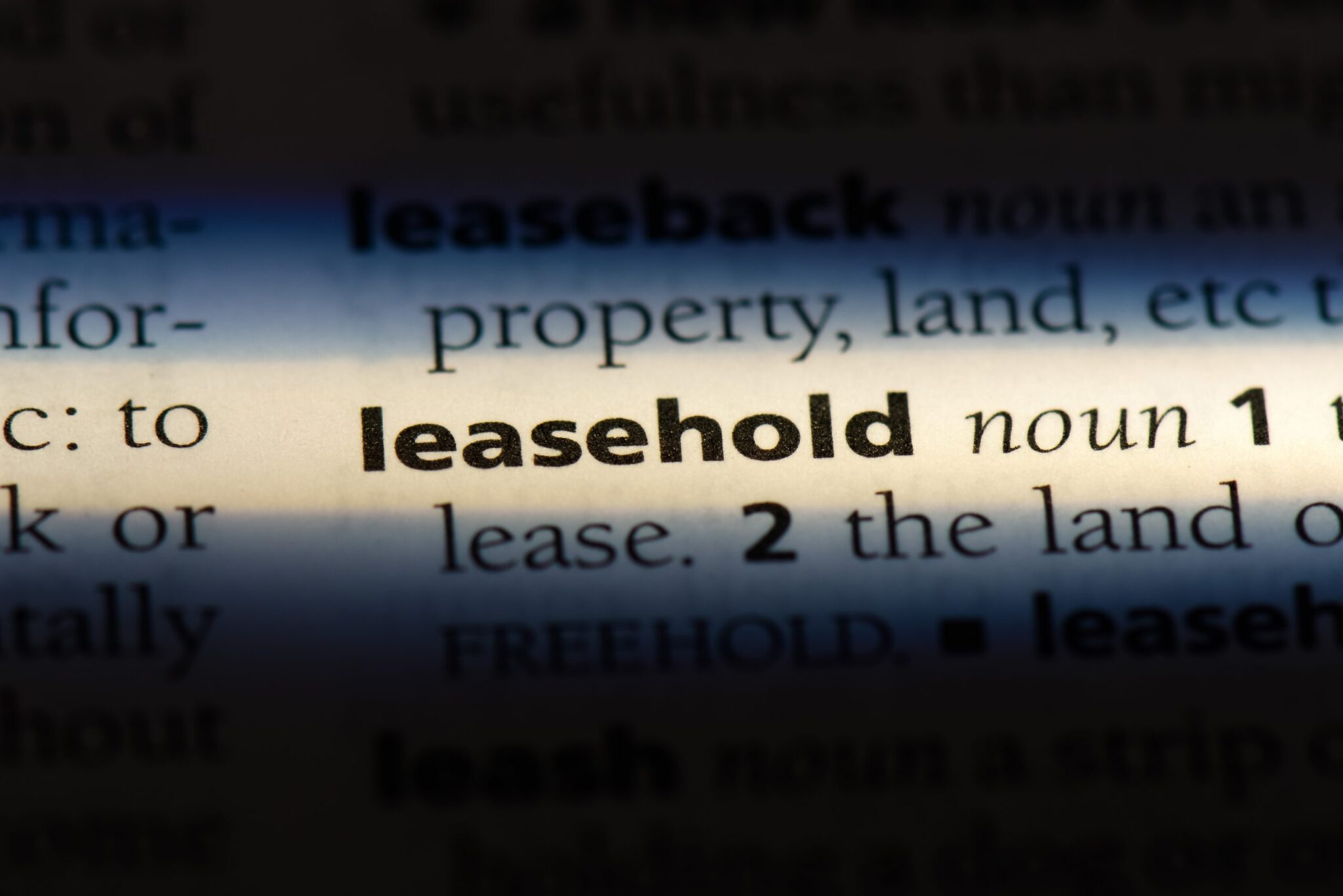
Addressing the House of Commons in the King’s Speech, which signals the formal beginning of each new session of parliament and outlines the priorities for the upcoming session, King Charles said that ministers would bring forward a bill to reform the housing market “by making it cheaper and easier for leaseholders to purchase their freehold and tackling the exploitation of millions of homeowners through punitive service charges”.
He added: “Renters will benefit from stronger security of tenure and better value, while landlords will benefit from reforms to provide certainty that they can regain their properties when needed.”
The King added that the Government would “deliver a long-term plan to regenerate towns and put local people in control of their future”.
He also noted that ‘ministers would introduce new competition rules for digital markets’ via the Digital Markets, Competition and Consumers Bill.
However, there was no mention of the mooted Pensions Bill, although pension reform may be announced in the forthcoming Autumn Statement.

Wellness and wellbeing holidays: Travel insurance is essential for your peace of mind
Out of the pandemic lockdowns, there’s a greater emphasis on wellbeing and wellness, with
Sponsored by Post Office
Here are the details on the three bills and some reactions to the ‘one that got away’.
Leasehold Reform Bill
The Leasehold Reform Bill aims to empower leaseholders by making it cheaper and easier for existing leaseholders in houses and flats to extend their lease or buy their freehold.
The bill will also up the standard lease extension term from 90 years to 990 years for both houses and flats, with ground rent lowered to nothing.
The Government said that this would ensure “leaseholders can enjoy secure, ground rent free ownership of their properties for years to come, without the hassle and expense of future lease extensions”.
The bill also says it will remove the requirement for a new leaseholder to have owned a house or flat for two years so they can benefit from changes and increase the non-residential limit where leaseholders can buy their freehold to 50%.
The bill will improve leaseholder consumer rights, such as making buying or selling a leasehold property quicker or easier, bringing more transparency to leaseholder service charges, replacing buildings insurance commissions with clearer administration fees, extending redress schemes for leaseholders, scrapping the presumption for leaseholders to pay freeholders’ legal costs, and granting freehold homeowners on private and mixed tenure estates the same redress rights as leaseholders.
It will also aim to bank the creation of new leasehold home and consult on capping existing ground rents.
Myron Jobson, senior personal finance analyst, interactive investor, said: “One of the more notable announcements is the confirmation of the long-awaited update on leasehold reform. The Government pledged to make it easier for leaseholders to purchase their freehold and fight excessive service charges – which is likely to be music to the ears of owners of the estimated 4.86 million homes in the UK subject to leasehold arrangement.”
Renters Reform Bill
The Renters Reform Bill aims to support the 11 million private tenants and 2.3 million landlords in England.
This includes a manifesto commitment to abolish no-fault evictions, ending blanket bans on pets and creating a new Private Rented Sector Ombudsman.
Other measures include strengthening landlord grounds for possession, such as adding new mandatory ground for possession, and stronger powers to evict anti-social tenants.
The bill also aims to create a digital Private Rented Property portal to bring together key information for landlords, tenants and councils.
It will make it illegal to have blanket bans on renting to tenants in receipt of benefits or with children, clamp down on criminal landlords an protect the student rental market.
The bill will also speed up the courts process so landlords can regain possession of their property if a tenant refuses to move out and scrap proposals to need landlords to meet EPC C from 2025.
Digital Markets, Competition and Consumers Bill
The Digital Markets, Competition and Consumers Bill intends to ‘tackle consumer rip-offs and bad business practices, including fake reviews and subscription traps’.
The bill will establishing new rights over subscription contracts to give consumers more control over their spending.
It will give the Government new powers to enable ‘growing consumer harms to be tackled’. These harms include fake reviews and drip pricing (a practice where firms only advertise part of a product’s price upfront and reveal other charges later in the buying process) – although the latter is subject to consultation.
The bill will also give new powers to the Competition and Markets Authority to take action against bad business practices more quickly, without needing lengthy court action and with penalties for those breaking consumer law.
No Pension Bill
One bill was not introduced or even mentioned was the much-discussed Pensions Bill. This has led experts and pension groups to speculate that it may be included in the upcoming Autumn Statement.
Alice Guy, head of pensions and savings, interactive investor, said: “With the clock ticking until the next election, the Government has simply run out of time the address some of the long-term issues affecting pensioners and those saving for retirement. Big questions like who will pay for long term care and widening gap between the age most people are retiring and the state pension age, will need to wait for another day.
Meanwhile, Steven Cameron, pensions director at Aegon, added: “We’re disappointed that the Government didn’t include a Pensions Bill in today’s King’s Speech. This is likely to be the last parliamentary session before the General Election, and the current Government has been consulting on a long list of initiatives. In the absence of a Pensions Bill, other routes will need to be found to advance these. All eyes will now be on the Chancellor’s Autumn Statement.”
